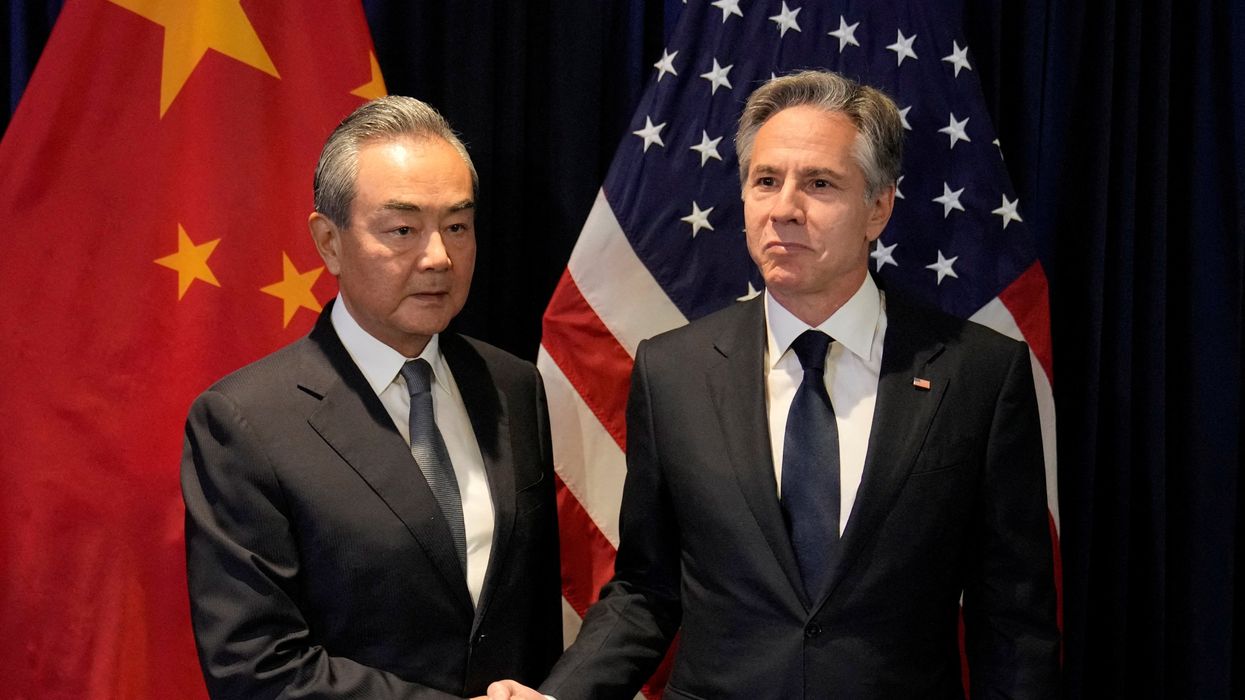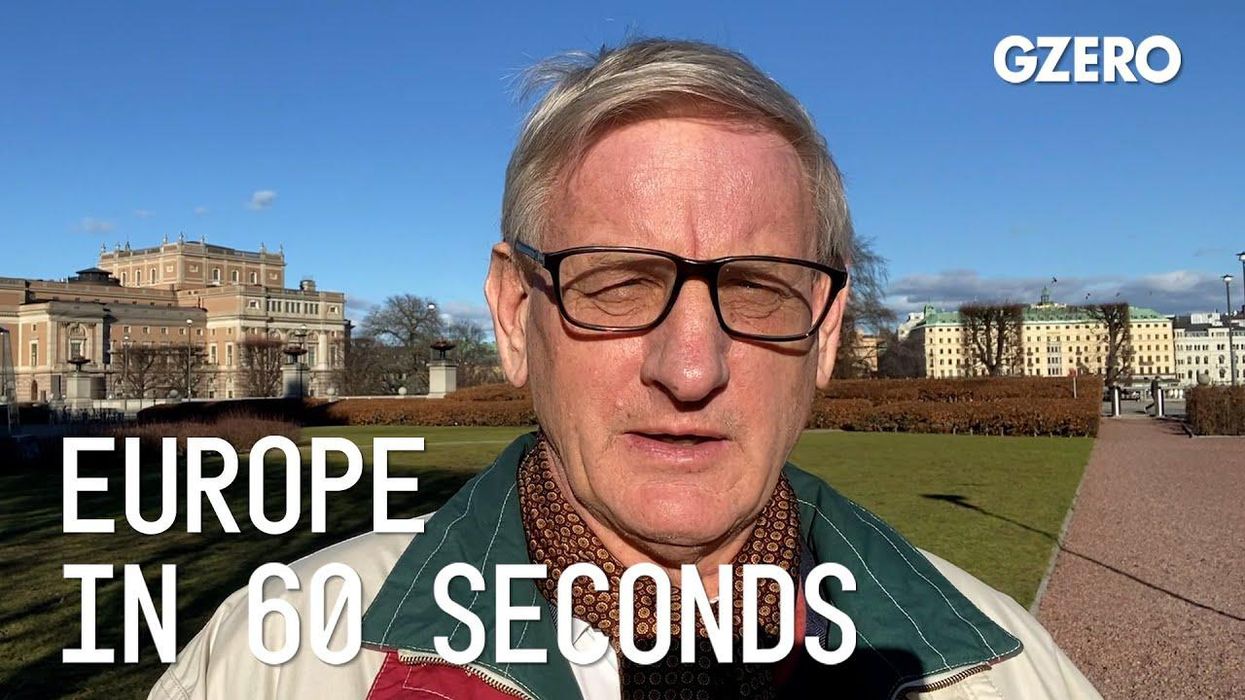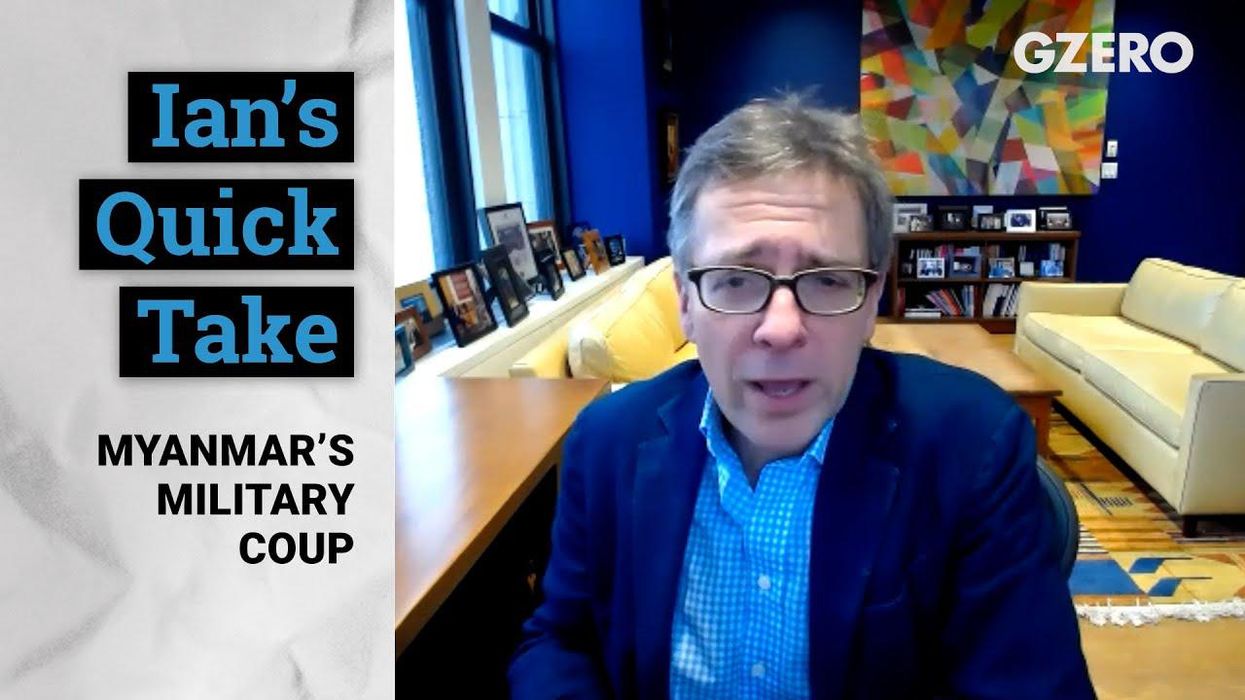GZERO Europe
Why Egypt and Turkey finally resumed relations
What's going to be the division of responsibilities in the new European Commission of Ursula von der Leyen? What's the significance of the visit of Egypt's President el-Sisi to Turkey? Carl Bildt, former prime minister of Sweden and co-chair of the European Council on Foreign Relations, shares his perspective on European politics from Stockholm, Sweden.
Sep 09, 2024





